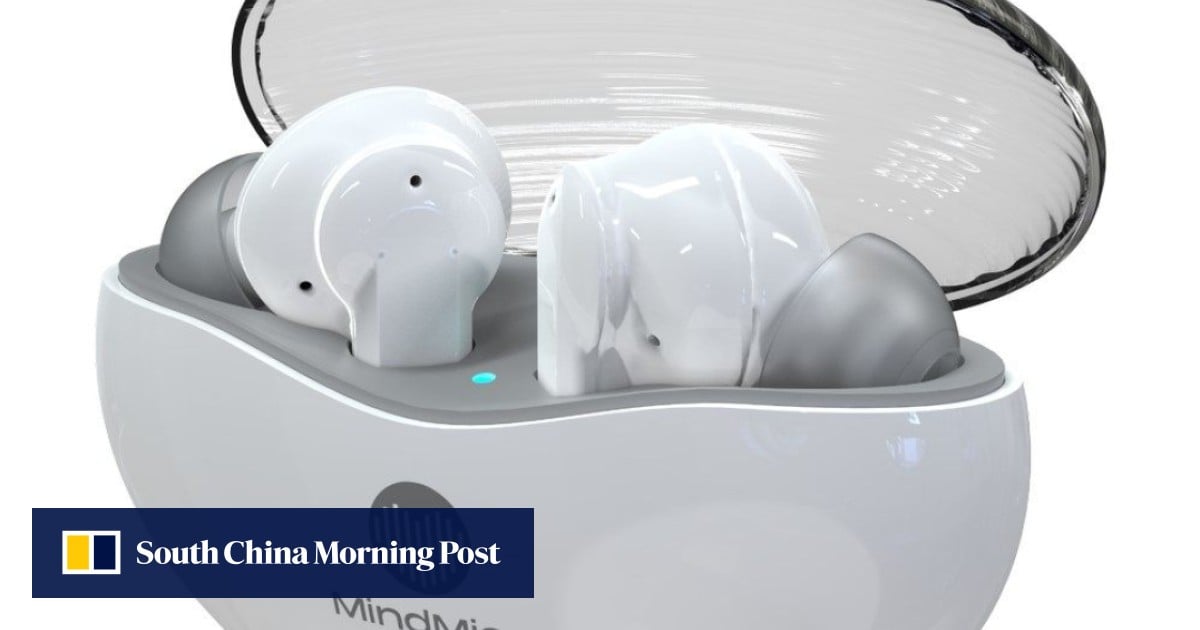Wearable devices have come a long way from counting steps or heartbeats, with new tech offering the ability to track blood oxygenation, glucose levels and blood pressure – though its reliability remains a matter of debate.
Some of the most cutting-edge products are on display at the Consumer Electronics Show (CES) in Las Vegas.
Almost 10 years since the debut of the Apple Watch, the global market for “trackers” – watches, bracelets and other bands – is valued at around US$60 billion, according to several firms, and is expected to exceed US$100 billion by the end of the 2020s.
“Before smartwatches, no one was thinking about heart-rate monitoring,” said Anna Barnacka, CEO and president of health-tech start-up MindMics. “Today, everyone is quite aware about how important it is.”

MindMics says its headphones use wave-based technology to offer a complete analysis of cardiac activity – including the condition and function of heart valves.

